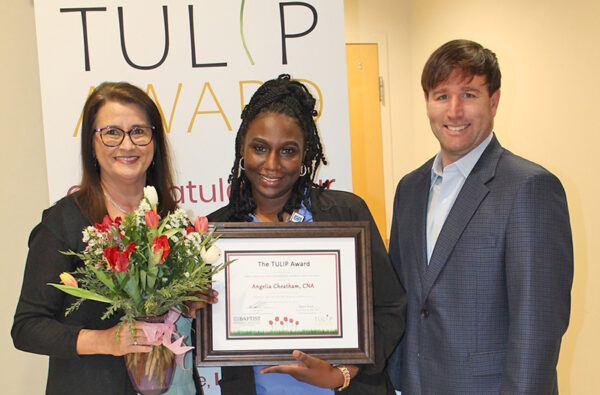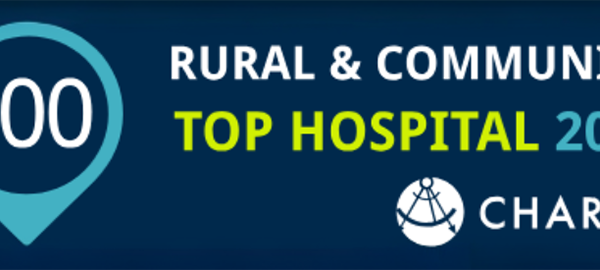In recognition of National Suicide Prevention Month, we asked Dr. Tracey Johnson, assistant director for the CONCERN Employee Assistance Program (EAP), about the most common myths surrounding suicide and how to help someone who may be contemplating suicide. Here are some myths, and the reality.
Myth #1: People who talk about suicide won’t do it.
Even though just talking about suicide isn’t a definite predictor that it will happen, some people who talk about suicide will follow through with it. Most people who commit suicide have given some sort of warning sign, such as joking about suicide, giving away possessions, exhibiting significant changes in their behavior, making final arrangements or engaging in high-risk behavior. Hopelessness, depression, and excessive drug and alcohol use are other indicators of possible suicide.
Myth #2: A person who is determined to commit suicide can’t be stopped.
Doing nothing to help prevent suicide should never be an option. While the person who is contemplating suicide is the only one who can truly prevent the suicide from happening, the conversations, the interventions and other help can be a big part of the paradigm shift that helps the person decide to live. You can be a part of helping someone decide to not commit suicide, but do not blame yourself if your efforts are not successful.
Myth #3: Anyone who commits suicide is crazy.
Calling someone “crazy” reveals a misunderstanding of mental illness or other complex life issues that may prompt someone to commit suicide. Most people who commit suicide are dealing with a mental illness or struggling with a substance abuse problem. The commonality between those two are that the person is unwell, and the decision to commit suicide is made with an impaired mental state. Others who commit suicide may be dealing with a sudden change or painful loss, and suicide seems like the only answer.
Myth #4: Talking about suicide may give someone the idea to do it.
Talking isn’t a catalyst for suicide. Instead, the person thinking about suicide may find relief in being able to share thoughts and connect to resources for help. The Columbia Lighthouse Project offers the Columbia Community Card for Friends and Family – a set of questions that can help you identify if a person is at risk for suicide. If you know someone at risk, do everything you can to get the person professional help, including locating a treatment facility or a doctor. If a person is at immediate risk, call 911.
Get Help with CONCERN EAP
At Baptist, the CONCERN EAP is available to help connect team members who are struggling to the appropriate level of care, whether that’s counseling, inpatient treatment or intensive outpatient treatment. The goal is to provide meaningful interventions and resources to address mental health needs. Contact CONCERN EAP at 901-458-4000 or 800-445-5011.






